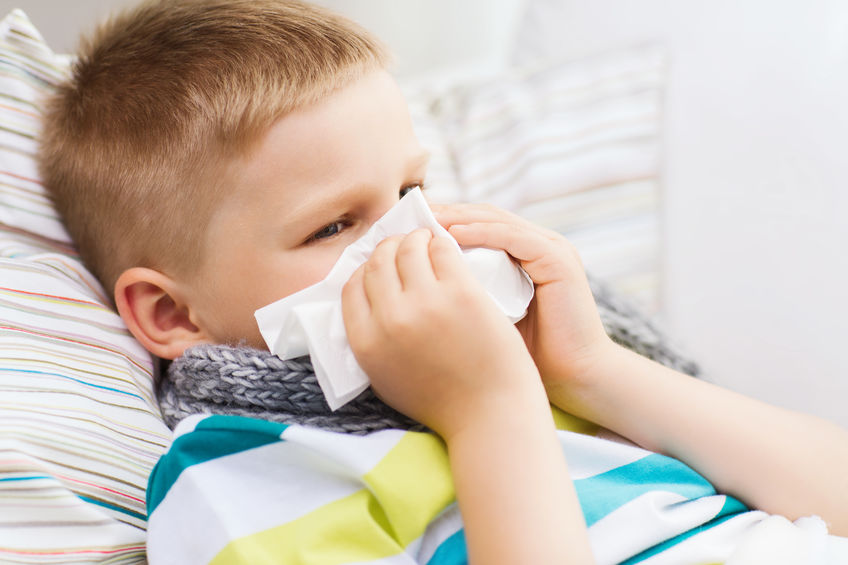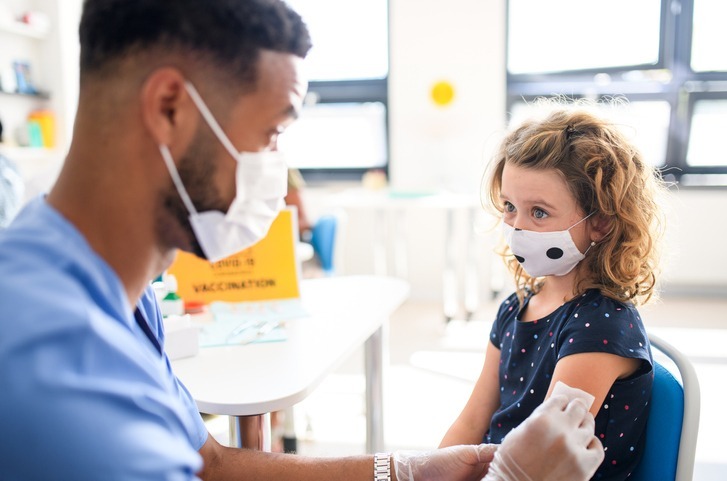Every summer, families pile into planes, trains, and automobiles to get their fill of fun, family, and festivities.
This summer season might still look a little different than previous years, though. While it’s likely you had to make the tough decision to cancel some of your 2020 and 2021 travel plans due to COVID-19, travel may be back on the table — with some caveats.
It’s been over two years since the start of the COVID-19 outbreak. With over 77% of Americans having received at least one or both COVID-19 vaccine doses, what does that mean for summer travel now?
Your Mask Should Still Be On Your Packing List
While mask requirements are changing, masks are still required on some forms of public transportation, and they still provide protection against COVID-19.
There are many opportunities for safe travel this summer — especially if you are fully vaccinated (it has been 2 weeks since your second dose of the Moderna or Pfizer-BioNTech vaccines, or your single dose of the Johnson & Johnson/Janssen vaccine) and have received your booster shot.
Whether your family plans to go to Disney World, hit the beach, or visit extended family, keep these 5 things in mind if you’re planning a summer trip.
1. Some domestic summer travel choices are safer than others.
In the past, health and safety precautions have just been a part of our seasonal routines. Whether it’s wearing sunscreen at the beach or taking precautions in the water, safety is essential to summer travel expectations.
But during an ongoing pandemic, your worries about health and safety — and the decisions you make as a result — may look very different.
If you’re traveling within the US, some summer activities are going to be safer than others. This season, it’s important to know that different travel choices come with different risk factors.
How Can I Make My Domestic Summer Travel Safer?
The Centers for Disease Control and Prevention (CDC) recommend avoiding travel until everyone in your family who is eligible to get vaccinated is up-to-date with their COVID-19 vaccines.
| Before Travel |
|
| During Travel |
|
| After Travel |
|
2. Traveling abroad has different risks than traveling domestically.
Under normal circumstances, deciding where you want to travel is an exciting part of the planning process. And it may be tempting to jet off to another country for an exciting summer vacation.
But, in the wake of COVID-19, your destination is more than a place on a map. International travel comes with unique precautions to take into consideration.
Before international travel, make sure you and any eligible members of your family are up-to-date on COVID-19 vaccines. If any members of your family are not vaccinated and must travel, get tested as close to your departure date as possible (within 3 days).
Whether you’re vaccinated or unvaccinated, the rules are constantly changing regarding where you can go, what documentation you’ll need, and what kinds of precautions you’ll need to follow. Check the US Department of State website to learn more about country-specific information regarding international travel and COVID-19.
3. Different areas have different COVID-19 procedures and restrictions.
Areas across the country have had many different responses to the pandemic. For example, some cities are renewing mask mandates, whereas other areas — such as the state of Nebraska — are not.
With parts of the US being in different stages of reopening, you need to know the expectations — and the risks — of your travel destination.
Do your research, both on the area you are leaving and the area you are traveling to. You will want to know about any:
- Current COVID-19 spikes or trends
- Testing requirements for travelers
- Quarantine regulations
- Indoor/outdoor dining restrictions
- Mask requirements
- Limits on gathering size
For more info on state-by-state travel restrictions and guidance, visit the CDC’s Travel Planner.
4. Keeping your family’s immunity game strong is key.
With daycares, schools, and playdates back in full swing, COVID-19 isn’t the only illness going around. Travel exposes you and your family to all kinds of germs, including those that cause other illnesses, like colds and the flu.
In addition to precautions like frequent handwashing and staying away from others who are sick, keep your family’s immunity strong by:
- Eating a healthy diet, including plenty of fruits and veggies, lean protein, whole grains, and fat-free/low-fat milk and milk products
- Staying active by following the CDC’s recommended guidelines for physical activity by age
- Getting enough sleep (9 to 12 hours for children ages 6 to 12; 8 to 10 hours for children ages 13 to 18)
5. Being grateful — and kind — goes a long way.
Travel can be stressful, even under the best of circumstances. Flights get delayed, kids fight in the backseat, and everyone gets hangry now and then.
Not to mention, there’s still a global pandemic going on.
If you find your trip isn’t living up to your expectations, take a breath and look for the silver
lining. Your family is happy, healthy, and on vacation.
Remember that people you interact with while you travel might be a little extra stressed right now. From seasonal employees to other traveling families, be kind to one another — even if you have an “everything is going wrong” kind of day.
Give others some grace — and a kind smile every now and then.
Stay up to date on all things COVID-19 with our COVID-19 Resource Center for Families!



